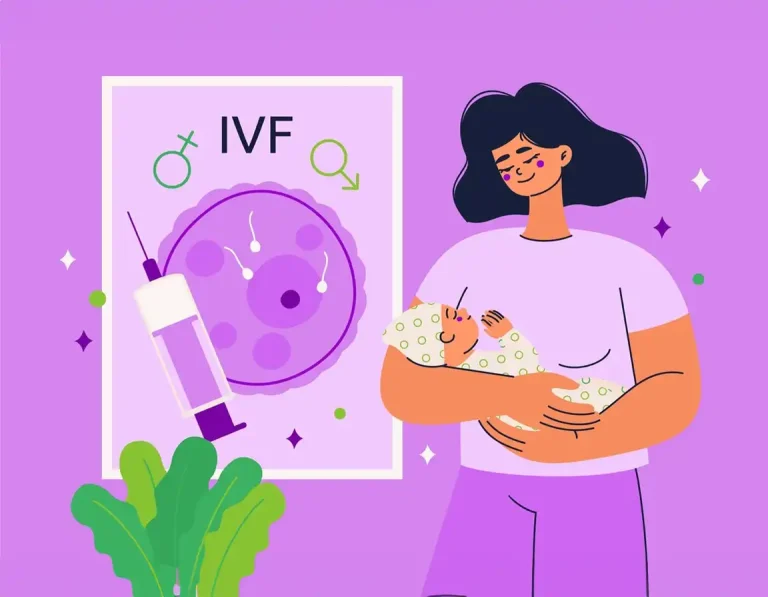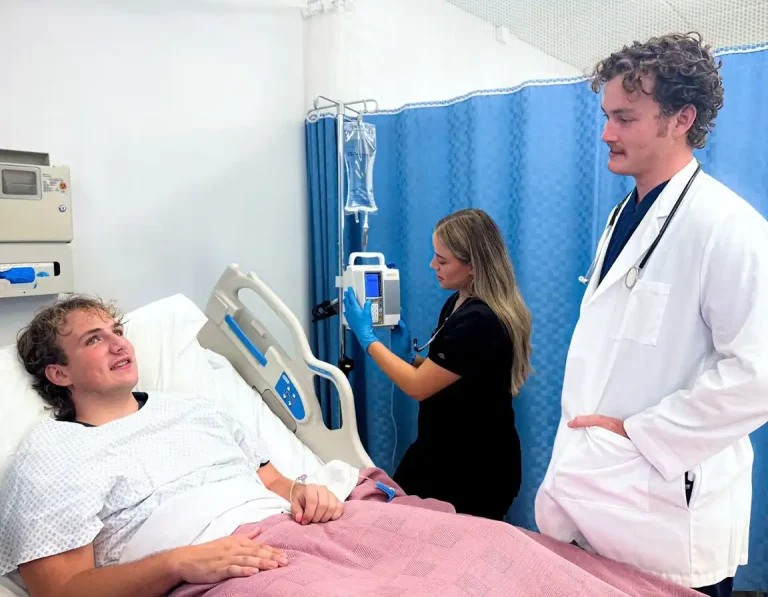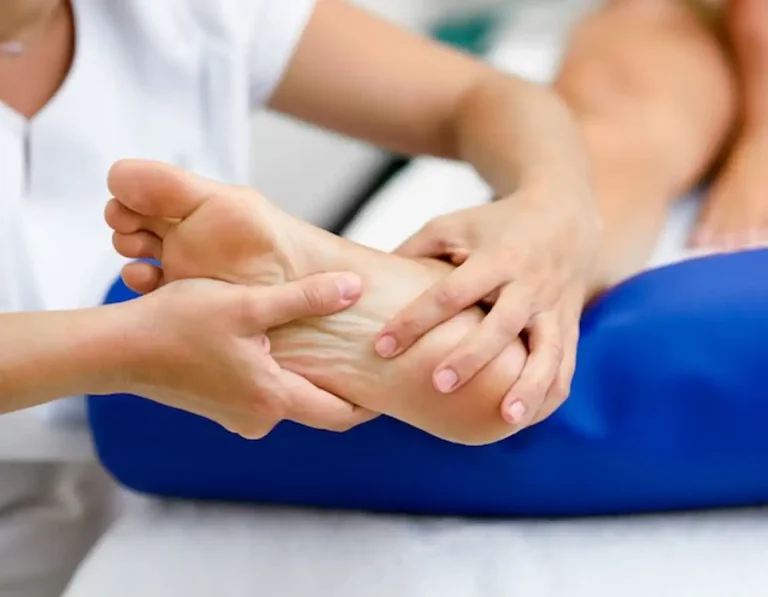Understanding the Impact of Mental Health Crises in Vulnerable Communities
Mental health crises hit vulnerable communities the hardest, often making existing issues like poverty and trauma even worse. These groups, often underserved, struggle to get the care they need.
Access to mental health care is often blocked by financial barriers and social stigma. As per Fountain House, a recent survey reveals that 42% of U.S. adults who needed care didn’t receive it. Even more alarming is the average delay in mental health treatment, which is reportedly 11 years from the onset of symptoms. This significant lag highlights the urgent need for improved access and timely care.
The long-term effects of ignoring these issues can be severe. We can better provide the right support for each group by understanding how mental health crises impact different demographics.
Mental Health Challenges in Homeless Populations
USAFacts notes that in January 2023, approximately 500 out of every 1,000 Americans were homeless. In its annual census, the Department of Housing and Urban Development (HUD) reported over 653,100 homeless people, a 12.1% rise from 2022. This rise underscores a growing concern in addressing the nation’s homelessness crisis.
Homelessness is one of the most severe forms of social vulnerability, often accompanied by mental health crises. For individuals experiencing homelessness, the stress of survival by securing food, shelter, and safety takes a significant toll on mental well-being. Many homeless individuals struggle with conditions like depression, anxiety, and substance abuse, which are aggravated by the instability of their living situation.
Additionally, access to mental health services is limited due to financial constraints, lack of insurance, and the stigma surrounding homelessness. Effective intervention requires a holistic approach that addresses both the mental health needs and the social support structures of this population.
What are the primary mental health challenges for homeless individuals?
People who are homeless tend to struggle with serious mental health conditions such as drug misuse, depression, and anxiety. Their living circumstances are unstable, which makes them more uncomfortable psychologically. Their inability to obtain adequate care and assistance is made more difficult by their limited access to mental health services.
Mental Health Crises and Trafficking Survivors
A report published by ScienceDirect states that human trafficking survivors endure extreme physical and psychological trauma that deeply affects their mental health. Many experience complex post-traumatic stress disorder (C-PTSD), anxiety, and depression due to prolonged abuse and manipulation. Their recovery is often hindered by fear, isolation, and distrust of others, which complicates the healing process.
Trafficking survivors often face difficulties accessing mental health resources, particularly if they lack support from local communities or governments. This lack of support can hinder their recovery and overall well-being.
TorHoerman Law states that in recent years, survivors have sought justice through lawsuits against traffickers and even complicit businesses. Legal actions have allowed survivors to hold those responsible accountable and seek financial compensation for the physical and emotional damage they’ve endured. These lawsuits provide some measure of restitution while highlighting the need for more comprehensive support systems, including mental health care.
In January 2024, Reuters reported that lawyers representing alleged sex trafficking victims are seeking to consolidate over 50 lawsuits against hotel chains. The lawsuit against hotels for human trafficking accuses them of profiting from the abuse of trafficking victims. The lawyers filed a motion with the U.S. Judicial Panel on Multidistrict Litigation, requesting that the cases be centralized in Southern Ohio.
What role do lawsuits play in supporting trafficking survivors?
Lawsuits against traffickers and complicit businesses provide trafficking survivors with a way to seek justice and financial compensation. These legal actions highlight the need for better support systems, including mental health care. They also serve to hold responsible parties accountable for the harm caused to survivors.
Mental Health in Marginalized Racial and Ethnic Groups
Racial and ethnic minorities face unique mental health challenges due to systemic racism, discrimination, and socioeconomic inequities. These stressors often lead to higher rates of anxiety, depression, and other mental health disorders. For instance, Black and Latinx communities frequently experience cultural stigmas surrounding mental health care, leading to underdiagnosis and delayed treatment.
Language barriers, cultural misunderstandings, and mistrust in the healthcare system further prevent individuals from seeking necessary help. Culturally sensitive mental health services, improved access to care, and broader awareness within these communities are crucial to addressing these persistent disparities.
In addition to these challenges, systemic barriers such as inadequate access to quality healthcare and limited availability of mental health professionals worsen the issue. Marginalized racial and ethnic groups often encounter difficulties in finding providers who are accessible. Addressing these gaps requires not only increasing the representation of minority mental health professionals but also implementing community-based programs that foster trust and engagement.
How does systemic racism impact mental health care access?
Systemic racism impacts mental health treatment by creating hurdles such as a lack of culturally sensitive professionals and restricted access to quality services. Racial and ethnic minorities suffer from greater incidence of mental health illnesses as a result. Improving access and raising the proportion of minority mental health providers are necessary to address these problems.
Mental health crises in vulnerable communities reveal a deep and urgent challenge. Homeless individuals, trafficking survivors, and marginalized racial and ethnic groups face significant barriers to accessing care, including systemic inequalities, social stigma, and financial constraints. These obstacles are compounded by a lack of culturally sensitive services and support.
To address these issues, we need a comprehensive approach that improves access to mental health resources and tackles underlying social determinants of health. We can build a more equitable and effective mental health care system for everyone by focusing on the unique needs of these populations.







